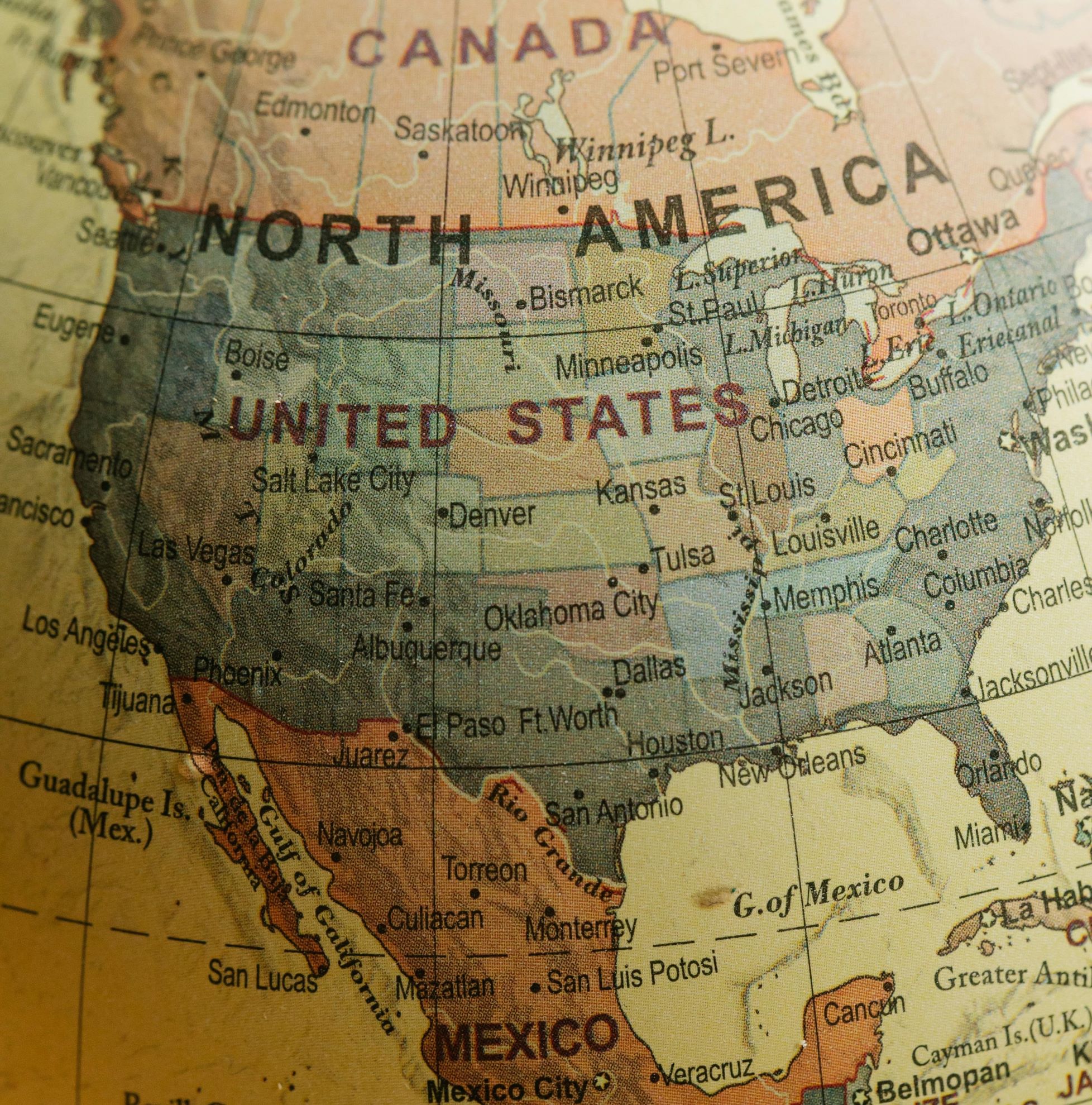Visa Stock Analysis: Is Visa a Strong Opportunity Ahead of Q4 Earnings?
$325.48
28 Jan 2026, 19:25

Pexels.com

US Tariffs Set to Disrupt Global Trade and Drive Up Costs
The United States is set to impose 25% tariffs on imports from Canada and Mexico starting 1st February, President Donald Trump has confirmed. However, a final decision on whether oil imports from these nations will be included remains uncertain.
Why Are These Tariffs Being Introduced?
Speaking from the Oval Office, Trump stated that the move aims to tackle several issues, including:
Trump also hinted at additional tariffs on China, citing fentanyl imports as a key concern. Although he initially proposed a 10% tariff, he has yet to provide specifics.
What This Means for Global Trade
This decision signals a continuation of protectionist trade policies, echoing the US-China trade war during Trump’s first term. Since 2018, US imports from China have stagnated, partly due to escalating tariffs.
China’s Vice Premier, Ding Xuexiang, recently warned against protectionism at the World Economic Forum in Davos, stressing that China seeks a “win-win” trade solution.
How Will Canada and Mexico Respond?
Both Canada and Mexico have announced retaliatory measures, aiming to counterbalance US tariffs. However, they are also working to assure Washington that they are addressing US concerns regarding border security.
If oil imports from these nations are taxed, it could undermine Trump's promise to lower living costs.
How Will This Affect Consumers?
1. Higher Prices for Fuel and Essentials
2. Increased Costs for Businesses
3. Economic Uncertainty & Trade Tensions
A Global Ripple Effect?
This latest tariff move may trigger wider economic repercussions, not just for North America but for global markets.
Final Thoughts
While the goal of these tariffs is to boost domestic industries, history has shown that such policies often lead to higher prices for consumers and strained trade relations.
With Canada and Mexico preparing their response, the coming months could see intensified trade disputes, adding to global economic uncertainty.
What do you think? Will these tariffs help or hurt the economy?
Source: (BBC.co.uk)